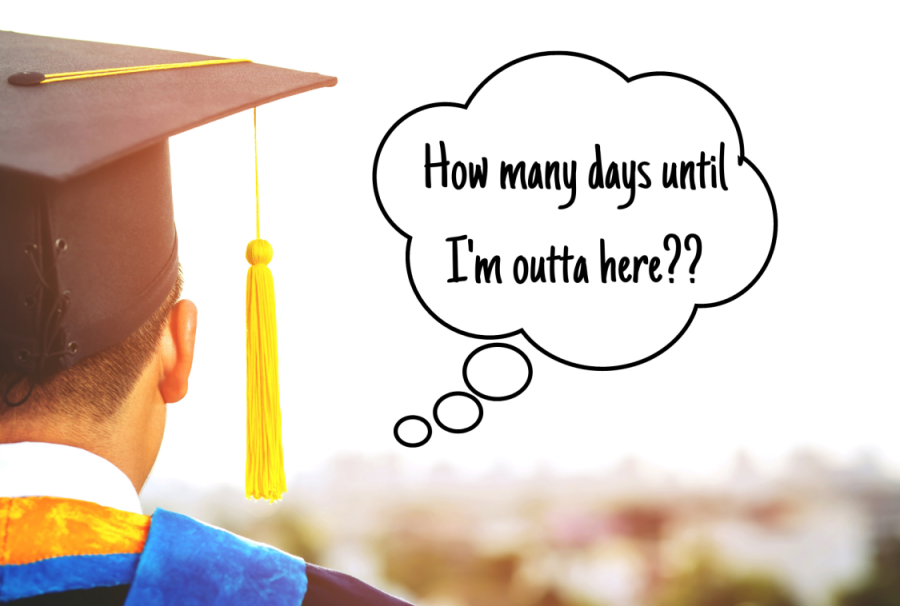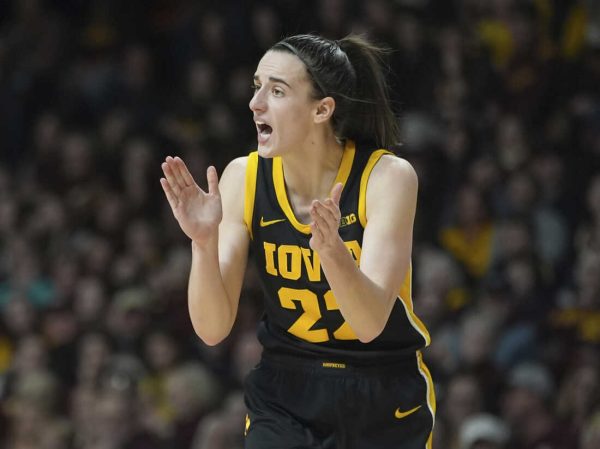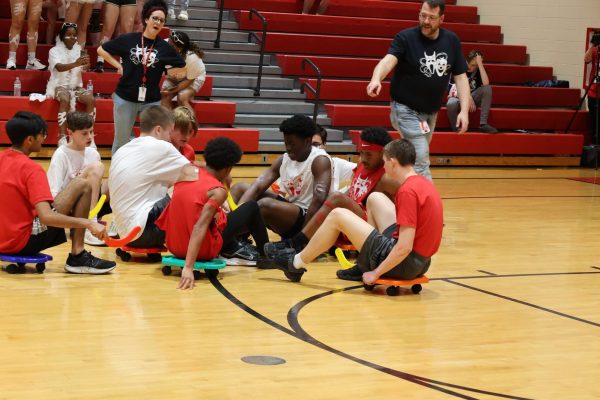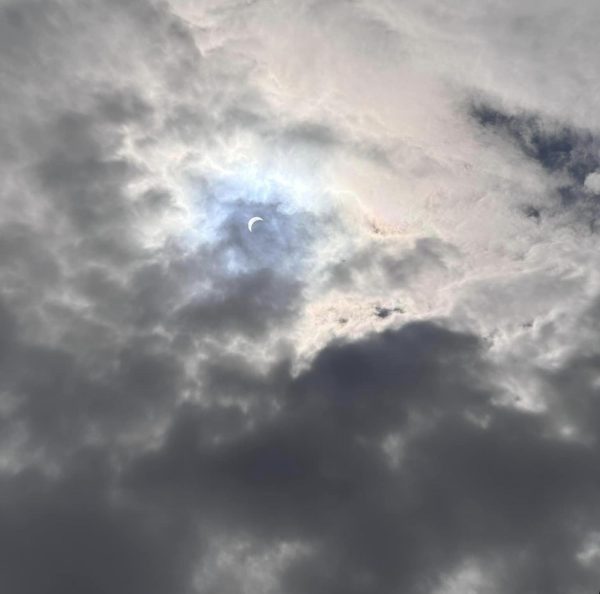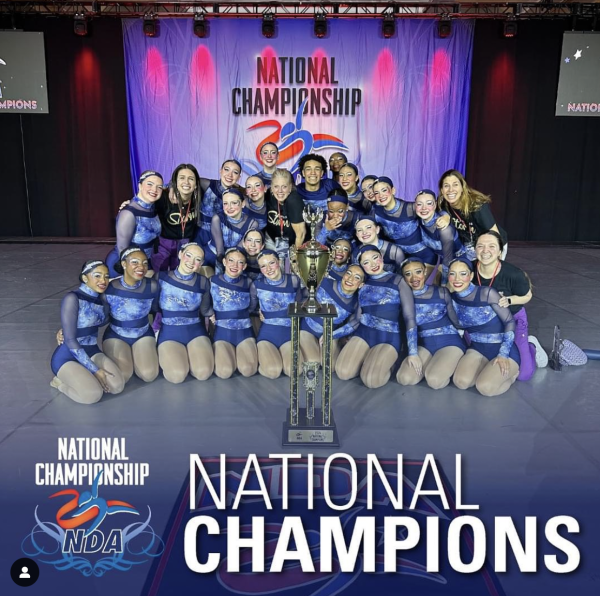RV’s latest pandemic: senioritis
Seniors (and teachers) can’t escape the temptation to cruise to the finish line
Many seniors (and teachers) have started counting down the days already
March 14, 2022
As the second semester arrives in full stride RV, everyone begins to feel it. From teachers to students, the warmer air, the longer days with more sunlight and more events happening such as Prom, Devil Dash, Red and White Night and our beloved spring break in the upcoming months, the ability to solely focus on school has been a challenge for all. Without a doubt, “Senioritis” is contagious.
The iconic euphemism that has been used is the perfect embodiment of what teachers and students, notability seniors, have begun to feel: “Senioritis.” According to Wikipedia, “Senioritis is the decreased motivation toward studies displayed by students who are nearing the end of their high school, college, and graduate school careers, or the end of the school year in general.” As can be seen throughout RV, seniors and even teachers have begun to feel the effects of the warmer weather and the last half of the 2021-2022 school year. The final push to the end is in full effect and felt by all. The Holly Spirit checked in with teachers and students to help explain their senioritis.
Do teachers believe that senioritis is real?
“Senioritis, to me, means that seniors see the light at the end of the tunnel,” said health teacher Mr. Haggerty. “This usually will happen in May, the week before Prom and in June. In the past, some will miss days of school. School work-wise, their classes are ending and some will do enough to pass. Some students’ work will drop, and they may do the bare minimum to pass.”
“Typically, it sinks in when students come back from the senior trip,” said English teacher Mrs. Pliskin. “They think the year is over, but they still have three months to go.”
However, not all teachers believe that senioritis has befallen all seniors.
“Senioritis does exist for some but not for others,” joked history teacher Mr. Pietrofitta. “For those who do contract this terrible affliction, the severity of the disease varies greatly as does the date of infection.”
For those who do contract this terrible affliction, the severity of the disease varies greatly as does the date of infection.
— Mr. Pietrofitta
Additionally, COVID-19 has affected seniors after these two years, where school at RV has been different and arguably more stressful. History teacher Mrs. White believes this had an impact on this year’s seniors.
“As far as senioritis goes, I cannot think of a time where it did not exist. It is real- especially after the last two years, many people feel a sense of it,” she said.
When senioritis kicks in depends on the student. While many begin to feel it in the spring, some feel it earlier — even right after winter break.
According to Mrs. Pliskin, it’s when seniors have made their future and college decision that senioritis’ truly kicks in.
“I have taught spring seniors a number of times, and senioritis is definitely real,” said Mrs. Pliskin. “Once they have made their plans for their future, they are straddling the excitement of graduation with the excitement of their future.”
Some teachers see the impact of senioritis beyond grades and participation. Seniors are more willing to play hooky in the spring, according to math teacher Mrs. Somers.
“From teaching seniors in an elective class, I notice a drop in attention and completion of homework,” she said. “There are usually more absences in the spring semester than the fall semester.”
Not all students are as heavily impacted by senioritis. Many teachers of honors or AP classes note that their second semester students don’t typically display senioritis until later in the spring.
“I do not believe my students [in AP European History] were affected as much as seniors in the second semester,” said Mrs. White. “Part of it is the feeling of accomplishment, especially when students begin to choose future careers, jobs and/or colleges they will be attending. Many feel that once that is established, it is easier to ‘slow down’ in school.”
So if students get senioritis, do teachers? Many studies point to greater amounts of teacher burnout this year, and according to the Department of Labor, as reported by NPR, 567,000 teachers have left the profession. If seniors feel wiped out, surely teachers are feeling the burn.
“I think some teachers do get it. I feel that they also see the end of the school year is close,” said Mr. Haggerty.
“If we are relating this affliction to those who are about to retire, yes,” said Mr. Pietrofitta. “Some teachers fall off of their game greatly later in their careers but others work circles around people half their age. Once again, it depends on the individuals. If we are relating it to the time of the year, I would say most teachers are ready for a break by the end of the school year.”
“Teaching spring seniors has definitely given me senioritis,” said Mrs. Pliskin. “I often chaperone [senior] events, so I often join their excitement as we approach graduation. I try to cut them breaks here and there in the classroom. When I am not teaching seniors, it’s a little different.
“I don’t think seniors are the only ones to have a drop in attention during the spring semester,” said Mrs. Somers. “Once the weather gets warmer and the end of the school year is close, students in all grade levels and teachers can get distracted. The excitement for summer vacation takes over and we all start counting down the days for break.”
Most students, however, agree that senioritis is a very real and very contagious disease among the senior class. Most seniors have an idea of their post-graduation plans by April, and spring break seems to be the biggest indicator that senioritis is coming.
Senior Emily Pfeiffer claims that she “kinda has it, kinda not.” She points to the fact that she has it for some classes and activities, but not for others which still take priority over fun.
“I think that’s the general vibe from everyone,” she said. “I don’t have it for Anatomy because I’m excited to take that class.”
Senior Abby Cifaldi echoes the need to keep plugging away for the future — which is easier than it sounds. Once she was accepted to college, the extra impetus to keep the grades up shifted.
“I never had [senioritis] until I committed to Duquesne,” she said. “I have harder classes this semester so I can’t afford to check out because I don’t want to lose my scholarships.”
Some seniors echo teachers in their perspectives on this year in particular. COVID-19 created new challenges for students too, and many believe that their entire high school experience has been subdued as a result of the pandemic.
I feel like our grade has missed out on so much, and now that this year is semi-normal, I want to be involved in absolutely everything, especially the events that were taken away like RAWN and homecoming events,” said senior Maddie Kovacs.
The Holly Spirit’s biggest find is that, without a doubt, senioritis is contagious. Social media has created bigger opportunities for FOMO and more and more students (and teachers) are watching the clock tick throughout the day. The hope is that seniors can find that last little bit of effort to finish the job, but seniors like Brendan Hill say he and has his classmates have already checked out.
“It’s like I want to get my work done but I have no energy to do so,” said Hill.

